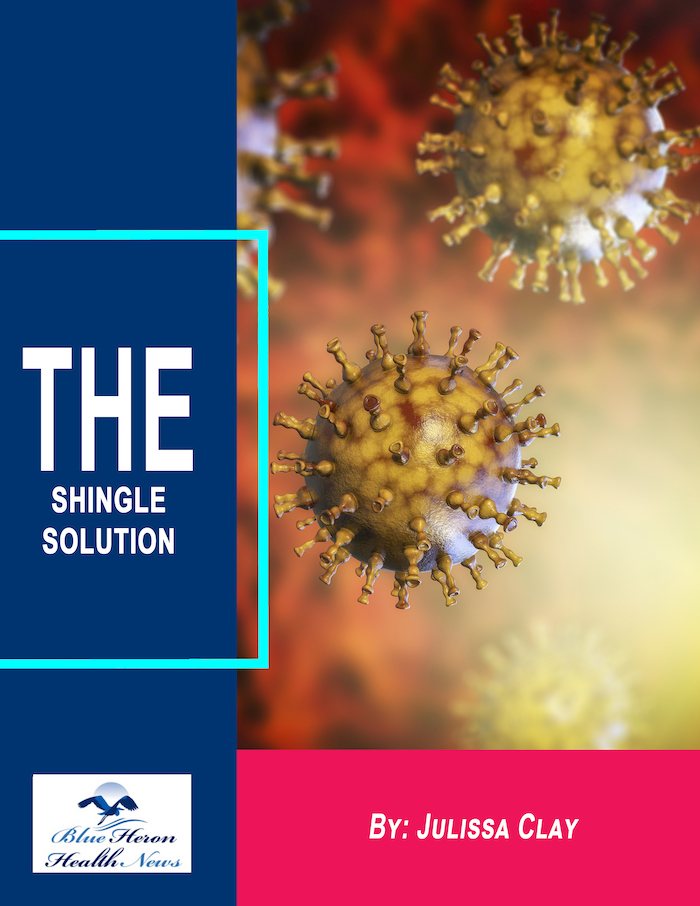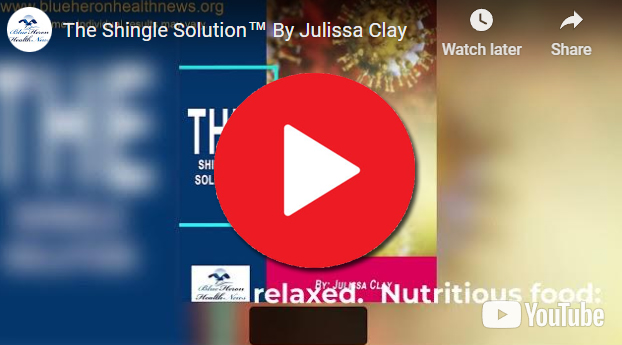
The Shingle Solution™ By Julissa Clay This eBook includes a program to treat the problem of shingle naturally. The author of this eBook, Julissa Clay, a practitioner in natural health, has killed the shingles causing virus completely to overcome the problem of PHN or Postherpetic neuralgia, one of the common complications caused by shingles. This program helps in melting PHN in a few weeks and make shingles a forgotten nightmare.
How does shingles affect the immune system?
Shingles, also known as herpes zoster, is caused by the reactivation of the varicella-zoster virus (VZV), which remains dormant in the body’s nerve tissues after an initial infection with chickenpox. When the immune system is weakened or compromised, the virus can reactivate, leading to shingles. Here’s how shingles affects and interacts with the immune system:
Reactivation and Immune Response
Latent Infection and Reactivation
- Dormant Virus: After a person recovers from chickenpox, the varicella-zoster virus stays dormant in the sensory nerve ganglia.
- Reactivation: The virus can reactivate later in life, particularly when the immune system is weakened. This can be due to aging, stress, illness, or immunosuppressive medications.
Initial Immune Response
- Innate Immunity: The reactivation of VZV triggers the body’s innate immune response, which is the first line of defense. This includes the activation of natural killer (NK) cells and the release of cytokines and interferons to contain the virus.
- Adaptive Immunity: The adaptive immune response, which involves T-cells and antibodies, is activated to target and eliminate the virus. CD4+ T-helper cells and CD8+ cytotoxic T-cells play crucial roles in controlling the viral infection.
Impact on the Immune System
Immune Evasion by VZV
- Latency Mechanisms: During latency, VZV evades the immune system by residing in nerve cells where it is less detectable.
- Reactivation: Upon reactivation, the virus can evade immune detection and suppression by altering antigen presentation and inhibiting immune cell functions.
Immune System Suppression
- Localized Immunosuppression: Shingles can cause localized immune suppression in the affected nerve and skin areas, facilitating viral replication and spread.
- Systemic Effects: Severe or disseminated shingles can have systemic effects, particularly in immunocompromised individuals, leading to broader immune system impacts.
Complications and Immune System Interactions
Postherpetic Neuralgia (PHN)
- Chronic Inflammation: The persistence of viral particles and ongoing immune response can lead to chronic inflammation and nerve damage, resulting in PHN, a condition characterized by prolonged pain.
Secondary Infections
- Bacterial Infections: The immune system’s focus on combating VZV can sometimes lead to secondary bacterial infections in the affected skin areas due to the breakdown of the skin barrier.
Risk Factors for Shingles
Age-Related Decline in Immunity
- Immunosenescence: Aging leads to a natural decline in immune function, known as immunosenescence, which increases the risk of VZV reactivation.
- Decreased T-cell Function: Older adults have reduced T-cell function, which is critical for controlling latent viral infections.
Immunocompromised States
- Chronic Diseases: Conditions like HIV/AIDS, cancer, and diabetes can weaken the immune system, making it easier for VZV to reactivate.
- Medications: Immunosuppressive medications, such as corticosteroids, chemotherapy, and drugs used in organ transplantation, can increase the risk of shingles by dampening the immune response.
Vaccination and Immune Response
Shingles Vaccine (Shingrix)
- Boosting Immunity: The Shingrix vaccine boosts the immune response against VZV, reducing the risk of reactivation and shingles. It works by stimulating both the humoral (antibody-mediated) and cellular (T-cell-mediated) immune responses.
- Efficacy: Shingrix is more than 90% effective at preventing shingles and postherpetic neuralgia, and it is particularly recommended for adults over 50 and immunocompromised individuals.
Conclusion
Shingles occurs when the varicella-zoster virus reactivates, typically in the context of a weakened immune system. The virus evades the immune system during latency and reactivates when immunity is compromised, leading to the characteristic painful rash and potential complications. The immune system responds through innate and adaptive mechanisms, but localized and systemic immune suppression can facilitate viral spread and complications such as postherpetic neuralgia. Vaccination with Shingrix is an effective way to boost immunity against VZV and prevent shingles. Understanding the interplay between shingles and the immune system highlights the importance of maintaining immune health and vaccination to prevent reactivation of the virus.

The Shingle Solution™ if you are suffering from shingles then The Shingle Solution can be the best program for you to relieve your pain and itching by using a natural remedy. It describes the ways to use this program so that you can feel the difference after using it as directed. This natural remedy for shingles can also help in boosting your immune system along with repairing your damaged nerves and relieve pain and itching caused by shingles.